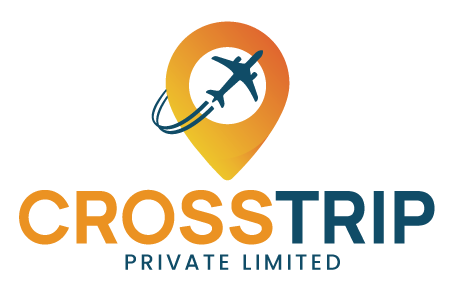CrossTrip Recommendations for International Travellers
It is prudent for travellers who are sick to delay or avoid travel to affected areas, in particular for elderly travellers and people with chronic diseases or underlying health conditions.
General recommendations for personal hygiene, cough etiquette and keeping a distance of at least one metre from persons showing symptoms remain particularly important for all travellers. These include:
- Perform hand hygiene frequently, particularly after contact with respiratory secretions. Hand hygiene includes either cleaning hands with soap and water or with an alcohol-based hand rub. Alcohol-based hand rubs are preferred if hands are not visibly soiled; wash hands with soap and water when they are visibly soiled;
- Cover your nose and mouth with a flexed elbow or paper tissue when coughing or sneezing and disposing immediately of the tissue and performing hand hygiene;
- Refrain from touching mouth and nose;
- A medical mask is not required if exhibiting no symptoms, as there is no evidence that wearing a mask – of any type – protects non-sick persons. However, in some cultures, masks may be commonly worn. If masks are to be worn, it is critical to follow best practices on how to wear, remove and dispose of them and on hand hygiene after removal.
Travellers returning from affected areas should self-monitor for symptoms for 14 days and follow national protocols of receiving countries. Some countries may require returning travellers to enter quarantine. If symptoms occur, such as fever, or cough or difficulty breathing, travellers are advised to contact local health care providers, preferably by phone, and inform them of their symptoms and their travel history.
While COVID-19 is contagious, you can protect yourself and your loved ones from infection while travelling by following these basic tips:
**Maintain good respiratory hygiene and avoid touching your mouth, nose and eyes.
**Wash your hands frequently with soap, or use an alcohol-based hand-sanitizer.
**Keep a distance of at least 3 feet from anyone who shows signs of cold, cough or fever.
**If you feel unwell, stay indoors and avoid travelling.
** Always cover your mouth with a cloth or the insides of your elbows while coughing or sneezing.
**If you develop respiratory symptoms, seek medical help immediately without delay.
**Avoid consuming raw or undercooked meat and eggs.




